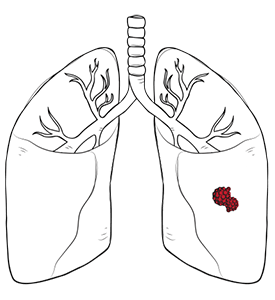

When you receive news that a lung nodule has been discovered during a routine chest X-ray or CT scan, it’s natural to feel concerned. Understanding what these small growths mean and the sophisticated treatment options available can provide considerable reassurance. As specialists in thoracic surgery, Neumark Lung & Chest Surgical Centre has helped thousands of patients navigate this journey, and we’re here to guide you through everything you need to know about lung nodules.
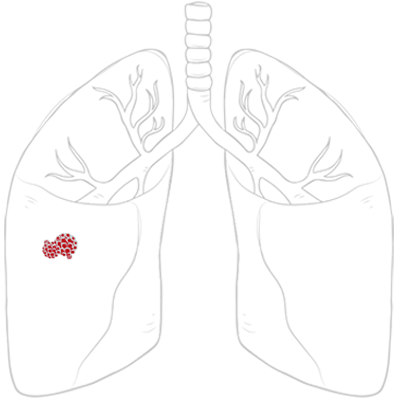
A lung nodule, also known as a pulmonary nodule, is essentially a small, round or oval-shaped growth of tissue that appears as a spot on chest imaging. These nodules are surprisingly common, particularly in individuals over 50 years of age. Most lung nodules measure less than 3 centimetres in diameter, and the vast majority (approximately 95%) are benign, meaning they’re not cancerous.
Hearing you have a nodule on the lung might sound alarming. It’s essential to recognise that these growths are often detected incidentally during medical imaging for unrelated conditions. This incidental discovery works in patients’ favour, as it allows for early detection and monitoring of any changes that might occur over time.
When multiple nodules are present, we refer to them as ‘nodules on the lungs’, which can have various causes ranging from old infections to inflammatory conditions. The key is proper evaluation and ongoing monitoring to ensure the best possible outcomes for our patients.
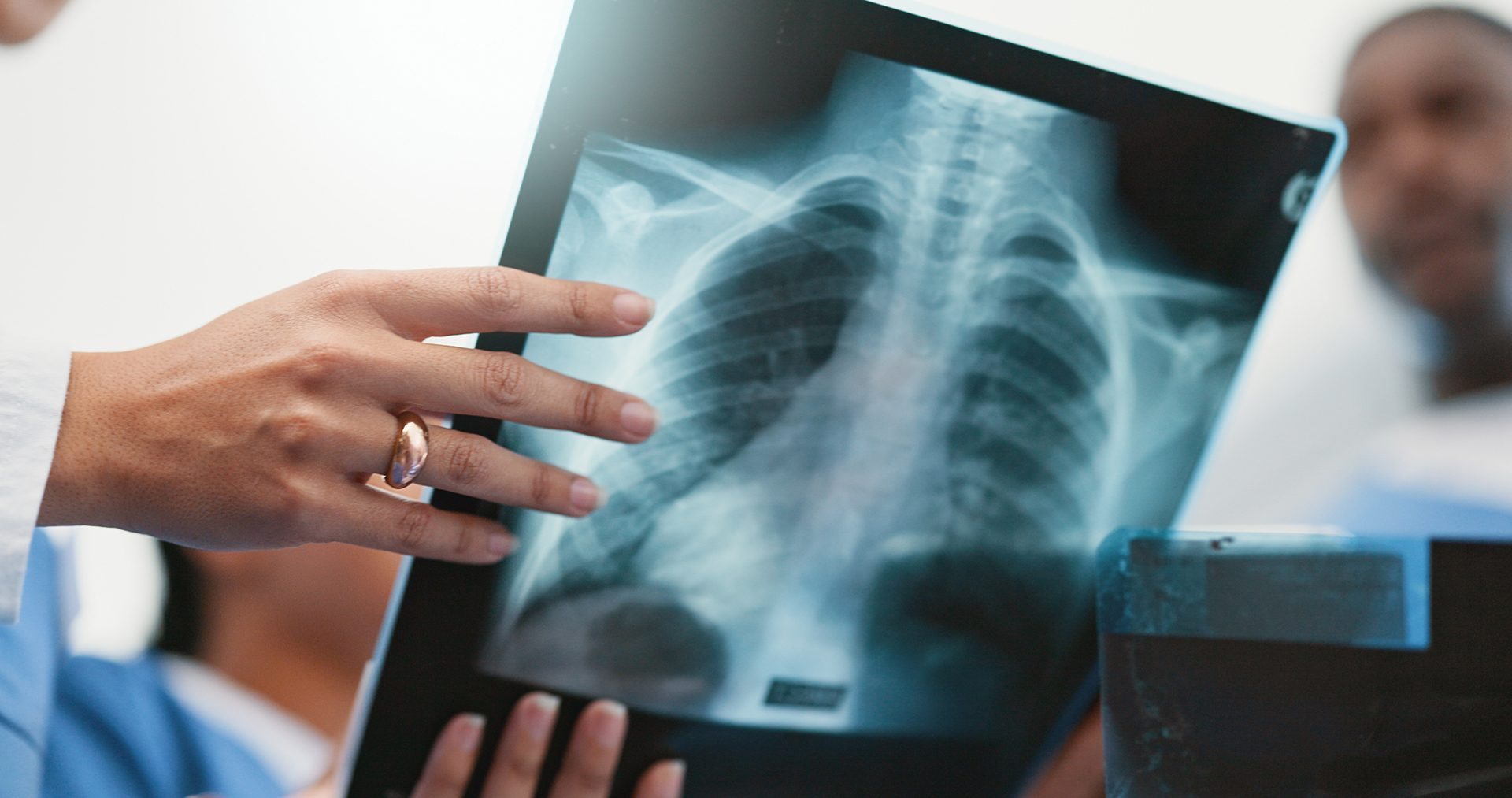
Lung cancer is the third most common cancer in Singapore in both men and women, and the survival rates remain poor without early-stage lung cancer resection. Lung nodule doctors will often treat each pulmonary nodule case as if it were cancerous, which improves the chances of survival, highlighting the importance of early lung screening and detection.
This approach, whilst it might seem overly cautious, has proven to be life-saving for many patients. Early detection through screening programmes allows us to identify potentially cancerous nodules when they’re most treatable, significantly improving patient outcomes and quality of life.
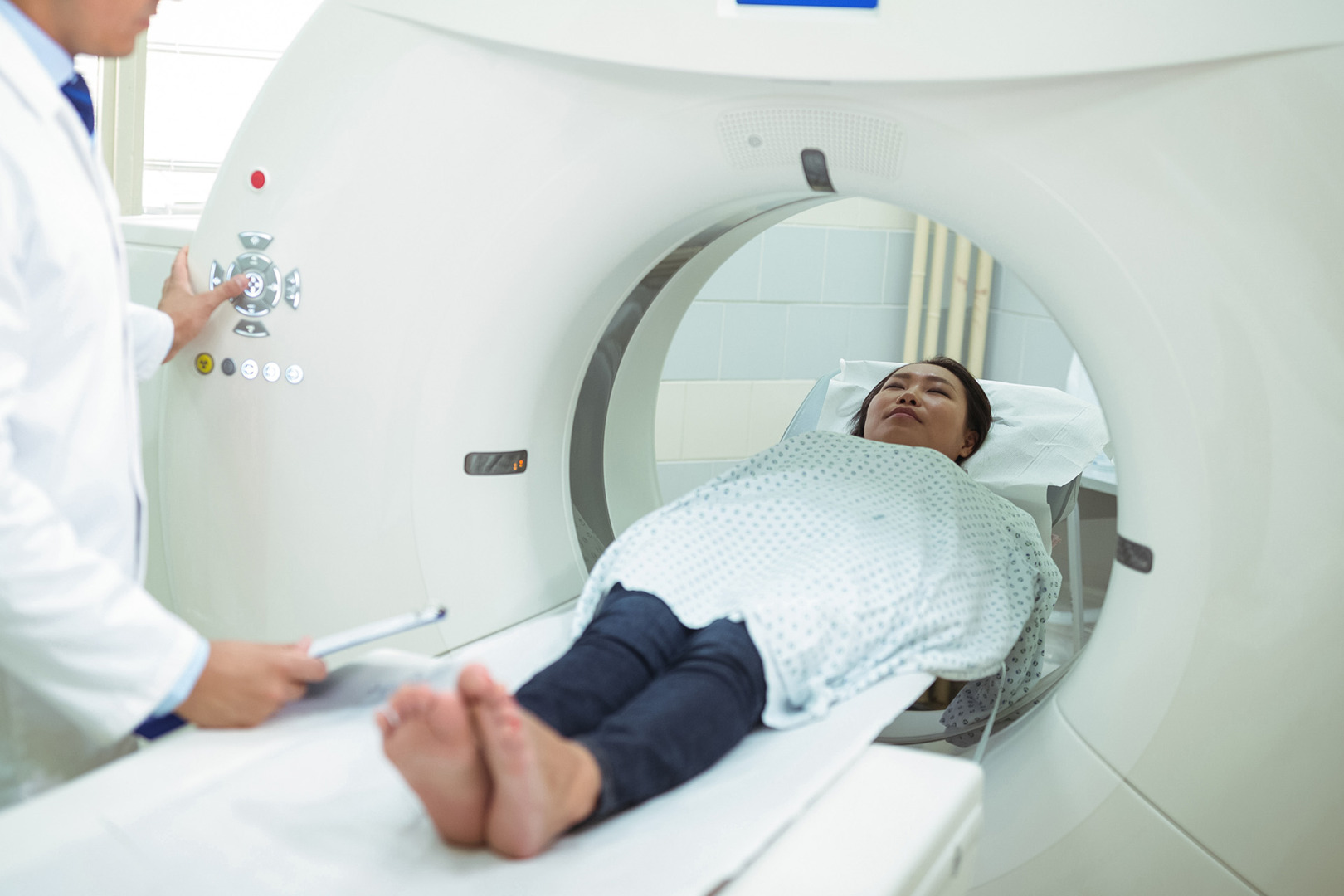
If you recently had a CT scan or chest X-ray that revealed a lung nodule, you may be concerned about the chances of it being cancerous. Infections, inflammation or abnormal cell growth typically cause these nodules.
Common causes include bacterial infections (such as tuberculosis and pneumonia), fungal infections, viral infections and inflammatory conditions like sarcoidosis. Abnormal growths may be benign hamartomas or malignant cancers.
Risk factors include smoking, immunosuppression, occupational hazards (asbestos, silica), chronic respiratory diseases, age over 50, family cancer history and exposure to air pollutants or carcinogens. Stopping smoking remains the most effective prevention method.
Most lung nodules cause no symptoms and are discovered incidentally during imaging. When symptoms of lung nodules do occur, they may include chest pain, shortness of breath, coughing up blood, fatigue, fever, unexplained weight loss, or wheezing. However, symptom presence doesn’t confirm cancer, nor does their absence guarantee a benign nodule. Professional evaluation is essential regardless.
As most lung nodules are incidentally discovered, early assessment of the nodule is vital to determine cancer risk and establish an appropriate monitoring or treatment plan.
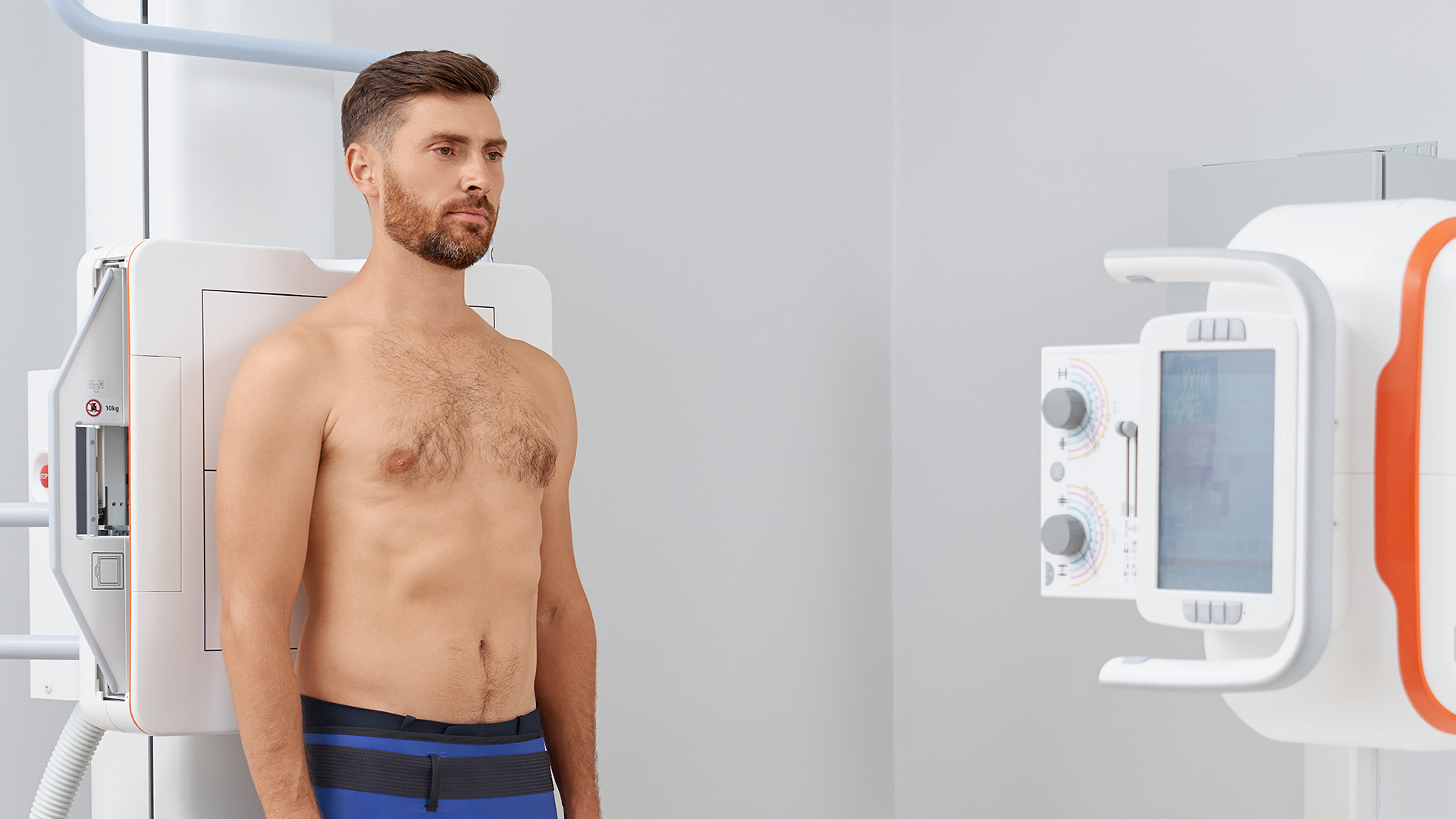
One of the most common questions patients ask is about what size lung nodule is worrisome. The size of a lung nodule is indeed one of the key factors that help determine its potential for malignancy, though it’s not the only consideration.
Generally speaking, smaller nodules are less likely to be cancerous.
Nodules smaller than 6 millimetres have a very low probability of being malignant, typically less than 1%. Nodules between 6 and 8 millimetres have a slightly higher risk, around 0.5% to 2%. When they reach the 8 to 20 millimetre range, the risk increases more significantly, with cancer rates ranging from 5% to 15%, depending on other risk factors.
Nodules larger than 20 millimetres (2 centimetres) are considered more concerning, with cancer rates that can exceed 50% in high-risk individuals. Any growth larger than 3 centimetres is typically classified as a lung mass rather than a nodule and generally requires immediate investigation.
It’s also important to note that the size of a worrisome lung nodule also depends on factors beyond just measurements. The shape of the nodule, its density, whether it has smooth or irregular borders, and how it changes over time are all crucial considerations. Additionally, patient-specific factors such as age, smoking history and a family history of cancer all influence how concerning a particular size nodule might be.
The Neumark Lung Screening Programme provides a range of screening and diagnostic tests to detect lung nodules. At the core of our comprehensive screening is a 10-minute low-dose computerised tomography (CT) imaging exam.
This advanced imaging technology can detect nodules as small as 2-3 millimetres, far smaller than what traditional chest X-rays can identify. The low-dose nature of the scan means patients receive minimal radiation exposure whilst still obtaining high-quality images that allow for detailed analysis of any abnormalities.
Lung nodules are commonly found during lung screenings using low-dose CT scans or discovered with X-ray imaging tests when checking for other respiratory conditions. Our multidisciplinary team of experts reviews all results to gain a better understanding of the size, shape, density, and location of your lung nodule.
Following the lung nodule CT scan results, a follow-up with our thoracic specialist will be scheduled to discuss the results and answer your questions thoroughly. During this consultation, we’ll explain the findings, discuss any risk factors specific to your case, and outline the recommended monitoring and treatment approach.
As most individuals in Singapore are eligible for lung screenings, it is crucial to undergo screening early to detect lung cancers at an early stage. Early detection not only improves treatment outcomes but also often allows for less invasive treatment options.
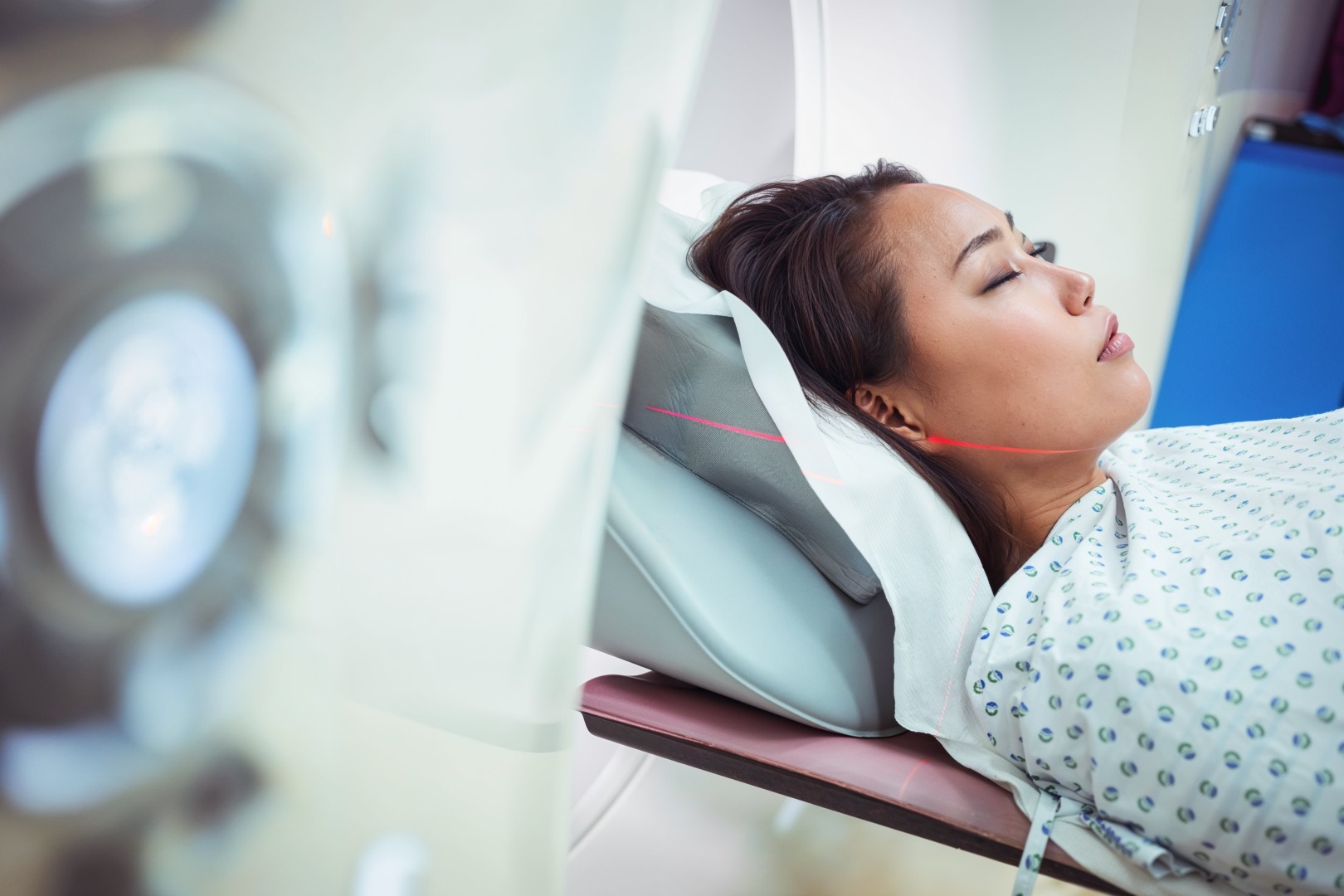
If you have been diagnosed with one or multiple lung nodules, you will be referred to a thoracic surgeon with training and experience in treating lung conditions. The approach to treating lung nodules depends on several factors, including the size, location, and characteristics of the nodule, as well as your overall health status.
Neumark’s surgical approaches represent the cutting edge of lung nodule removal surgery. We offer several minimally invasive options that provide excellent outcomes whilst minimising patient discomfort and recovery time.
Robotic Thoracic Surgery (RATS) with the Da Vinci robotic system represents one of our most advanced treatment options. Our expert surgeon’s hands guide the surgical instruments to perform highly precise procedures with enhanced visualisation and control. This technology enables incredibly precise dissection and removal of nodules while preserving healthy lung tissue.
Uniportal Video-Assisted Thoracic Surgery (VATS) is an advanced thoracoscopic technique for removing pulmonary nodules, offering patients a less invasive procedure with minimal incisions to facilitate optimal removal and recovery of lung nodules. This approach typically involves just one small incision, reducing post-operative pain and scarring whilst maintaining surgical effectiveness.
For some patients, wedge resection, the removal of a small, wedge-shaped portion of the lung that contains the nodule, may be an appropriate treatment option. This technique preserves maximum lung function whilst ensuring complete removal of the abnormal tissue.
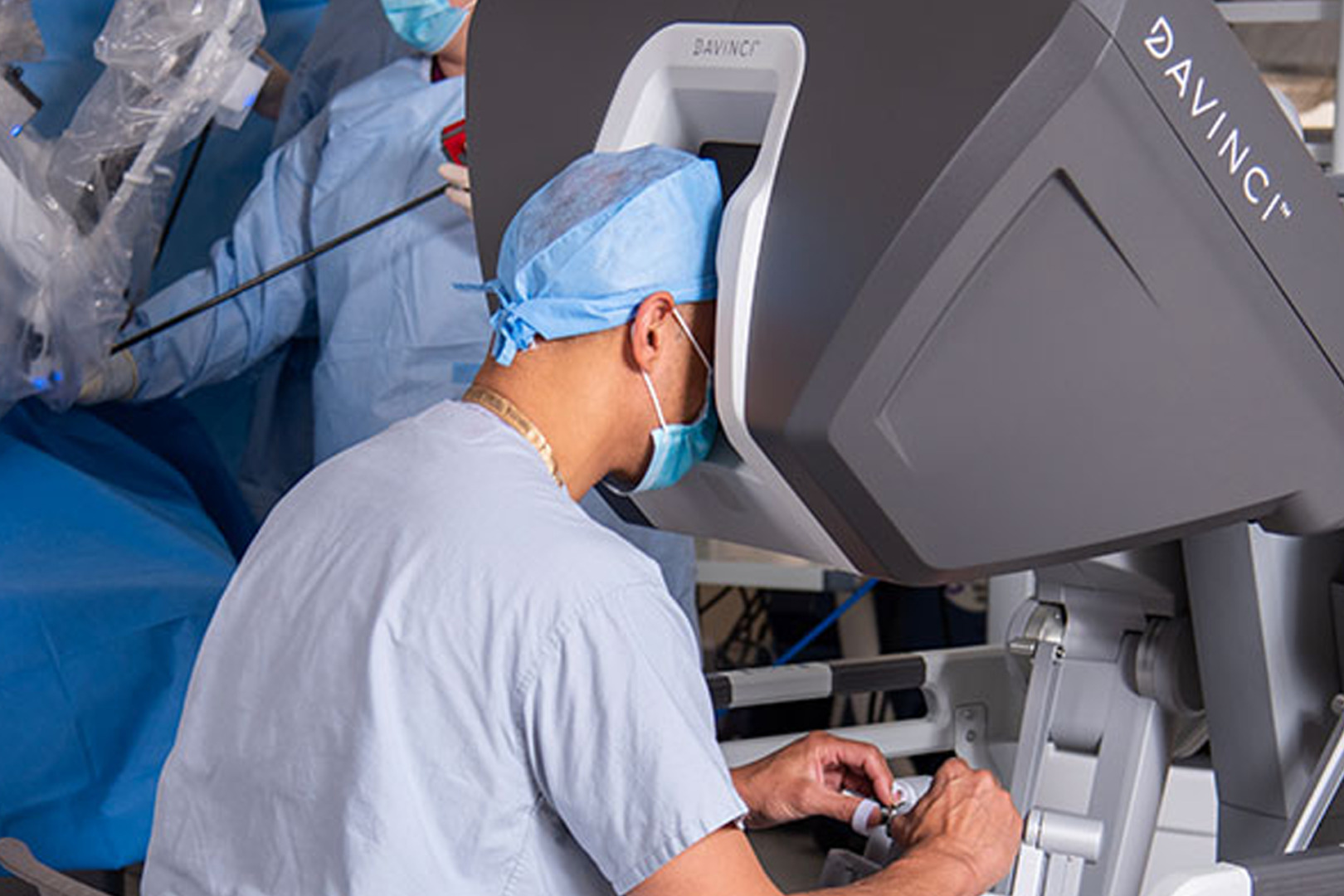
When treating cancerous lung nodules, our approach is comprehensive and tailored to each patient’s unique situation. The extent of surgery required depends on the size, location, stage and overall health of the cancer, as well as the patient’s health.
For early-stage cancers, limited resections such as wedge resection or segmentectomy may be sufficient. These procedures remove the cancerous tissue whilst preserving as much healthy lung tissue as possible. For more advanced cases, lobectomy, the removal of an entire lobe of the lung, may be necessary to ensure complete cancer removal.
Our comprehensive lung nodule treatments range from minimally invasive surgical resection to advanced clinical therapies. We also coordinate with medical oncologists when additional treatments such as chemotherapy or radiation therapy are needed as part of a comprehensive cancer treatment plan.
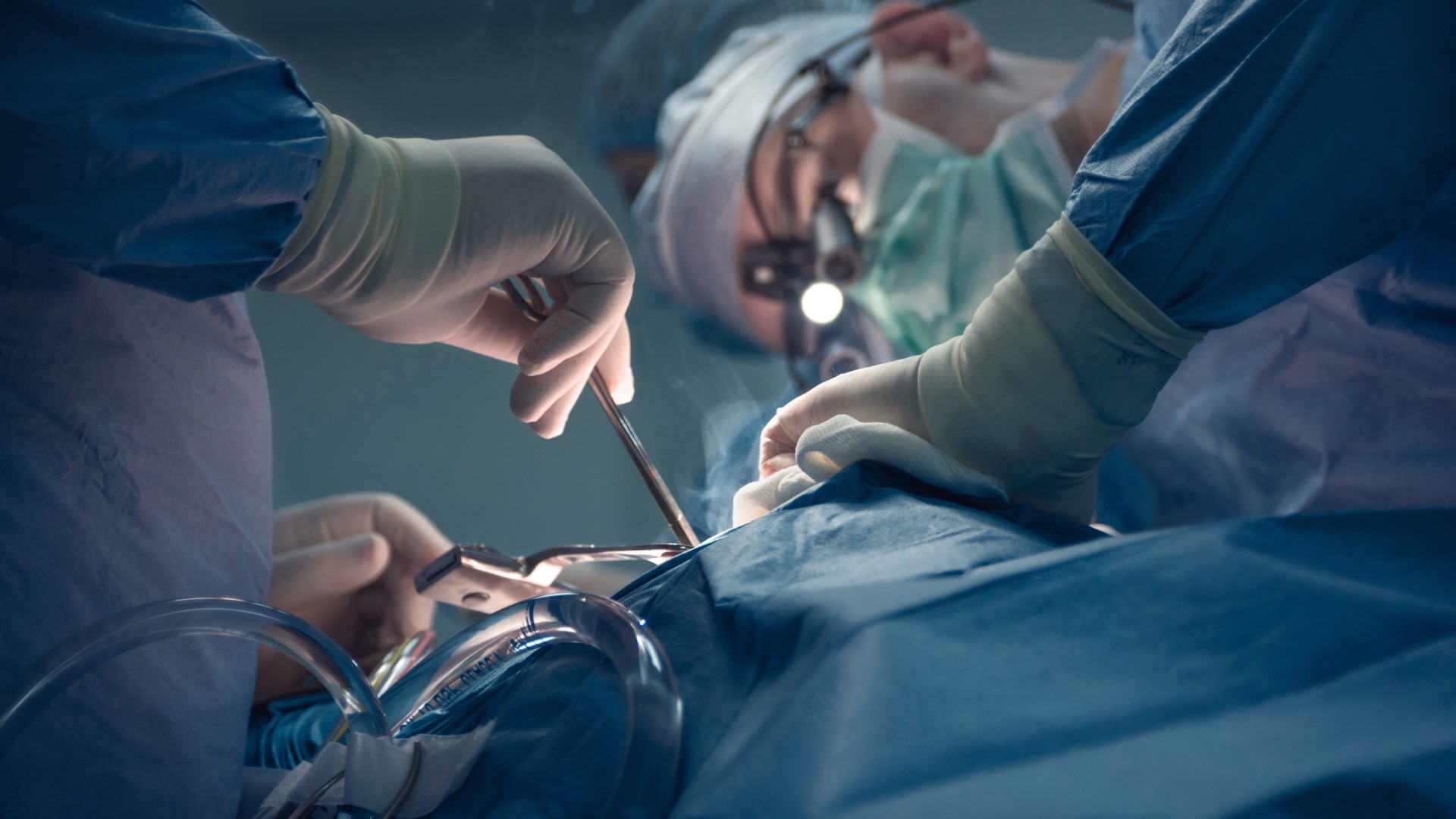
Recovery from lung nodule removal surgery varies depending on the type of procedure performed and individual patient factors. Most patients who undergo minimally invasive procedures can expect to return to normal activities within 2 to 4 weeks, although complete healing may take several months.
Our team provides comprehensive post-operative care, including pain management, respiratory therapy and gradual activity progression to ensure optimal recovery. We also provide detailed instructions for home care and warning signs that should prompt immediate medical attention.
Long-term follow-up is crucial for all patients with lung nodules, regardless of whether they are benign or malignant. This typically involves regular imaging studies to monitor for any new nodules or changes in the treated area. For patients who had cancerous nodules removed, ongoing surveillance is essential to detect any recurrence early.
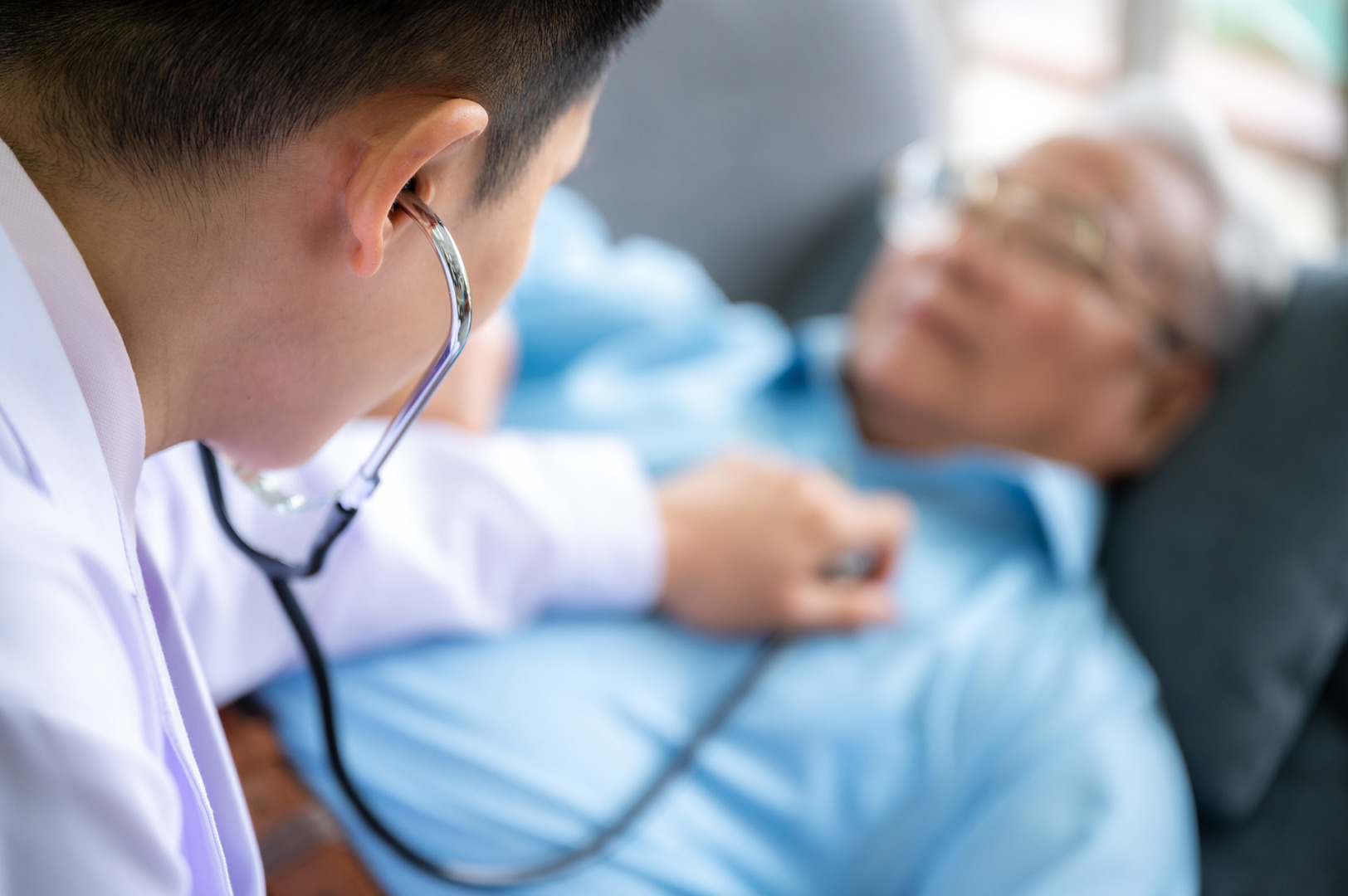
At Neumark Lung & Chest Surgical Centre, our expert team is equipped with the latest techniques for detecting, testing and removing abnormal lung growths, as well as managing other lung diseases and chest conditions.
The complexity of lung nodule evaluation and treatment requires specialised expertise. Our thoracic surgeons have extensive training specifically in chest surgery and are experienced in managing both benign and malignant lung conditions. This specialisation ensures that patients receive the most appropriate and effective treatment for their specific situation.
Patients who seek treatment at Neumark have access to the expertise of Dr Harish Mithiran, Director and Senior Consultant Thoracic Surgeon at Gleneagles Hospital. Our patients benefit from personalised care coordination and groundbreaking minimally invasive treatment modalities to improve outcomes.
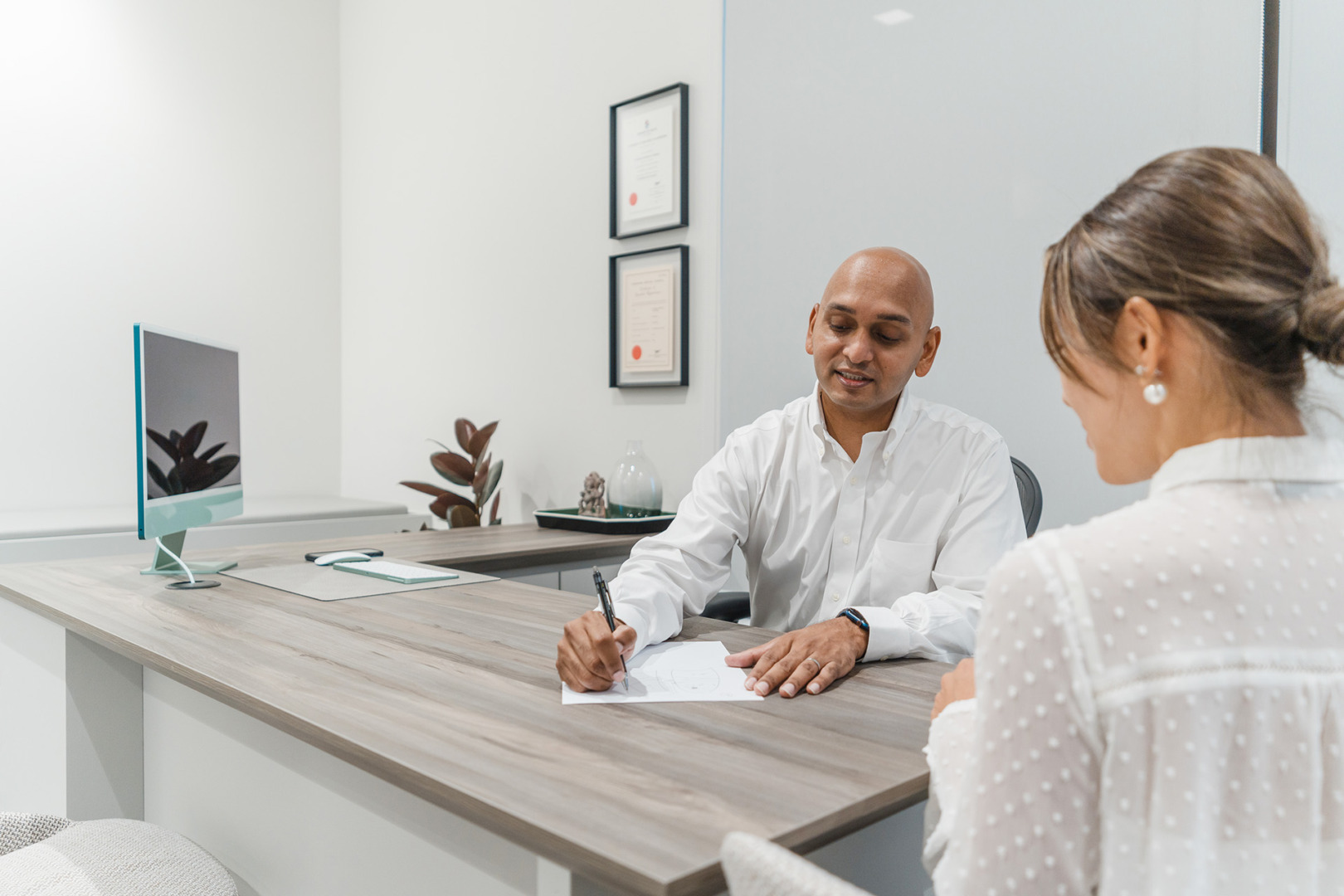
Typically, nodules less than 6 mm in diameter have a lower risk of cancer at less than 1 percent of cases. Nodules greater than 8 mm need to be monitored closely and carefully as the risk of malignancy increases with the size.
Suppose the lung nodule size increases over time or exhibits other concerning features, such as an irregular lung nodule shape or abnormal consistency. In this case, removal is recommended, as there is a 40 to 80 percent probability that pulmonary nodules larger than 20 mm are often malignant.
It is possible to have multiple pulmonary nodules, and it is essential to note that numerous nodules do not necessarily indicate malignancy or metastasis. Upon further examination, medical professionals will assess each nodule’s size, shape and location to determine the best course of action for treatment.
Lung nodules are small growths that can form in the lungs. These nodules are usually benign but can increase in size over time and become cancerous. The most common cause of an increasing lung nodule is a type of cancer known as non-small cell lung cancer (NSCLC). Other causes include chronic infections such as tuberculosis or fungal infections, inflammation caused by conditions like sarcoidosis, or radiation therapy for different types of cancer.
Compared to malignant nodules, benign pulmonary nodules do not metastasise and are typically non-life-threatening. Benign lung tumours often show minimal growth or size change, and in rare cases, they may disappear without treatment as the body’s natural healing resolves the underlying cause. However, it is important to monitor these nodules regularly to ensure they don’t grow or change, as ongoing evaluation can help rule out any potential complications or the development of malignancy over time.
Yes, benign lung nodules can become cancerous. According to the American Cancer Society, benign nodules have a 5 to 15 percent chance of becoming cancerous lung nodules if they are not monitored. Therefore, follow-up scans and regular check-ups are recommended for people with benign conditions, like small lung nodules.
Treatment depends on the cause of the nodule. Many benign nodules require no treatment and are monitored with periodic imaging. If the nodule shows signs of growth or appears suspicious, further testing, such as a biopsy or minimally invasive surgery, may be recommended.
DISCLAIMER: The information provided on this website is for general informational purposes only and is not intended as a substitute for professional medical advice, diagnosis, or treatment. The use of this website does not create a doctor-patient relationship and no medical advice should be inferred or assumed. It is the user’s sole responsibility to seek the advice of their healthcare professionals for any medical concerns they may have and the user should not disregard, or delay, prompt medical advice for any such condition.
Neumark Lung and Chest Surgery Centre benefits from the expertise of a multidisciplinary team led by Dr Harish Mithiran, senior consulting thoracic surgeon at Gleneagles Hospital and Mt Alvernia Hospital.
Neumark is a lung and chest specialist centre with access to leading treatment modalities to achieve the best possible outcomes for lung disease and preventative patient screening.
Our foremost priority is to treat your condition as effectively as possible. Schedule a private consultation today; complete the form below, call, +65 6908 2145; WhatsApp, +65 9726 2485; or email, info@neumarksurgery.com.
Gleneagles Medical Centre
6 Napier Road
#02-09 Gleneagles Medical Centre
Singapore 258499
Mount Alvernia Hospital
820 Thomson Road
#06-07 Medical Centre A
Singapore 574623